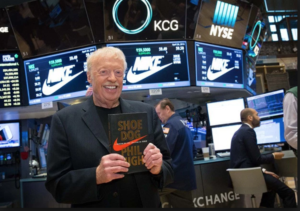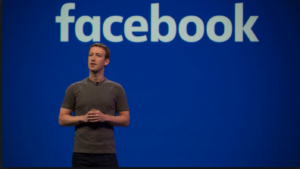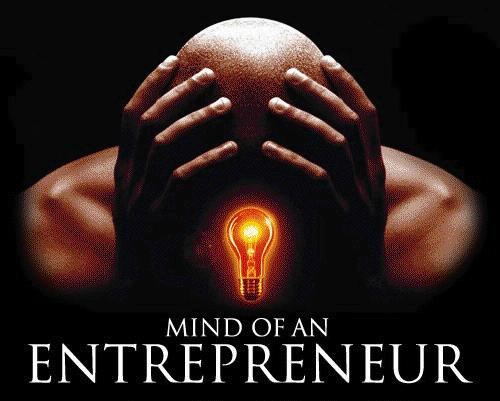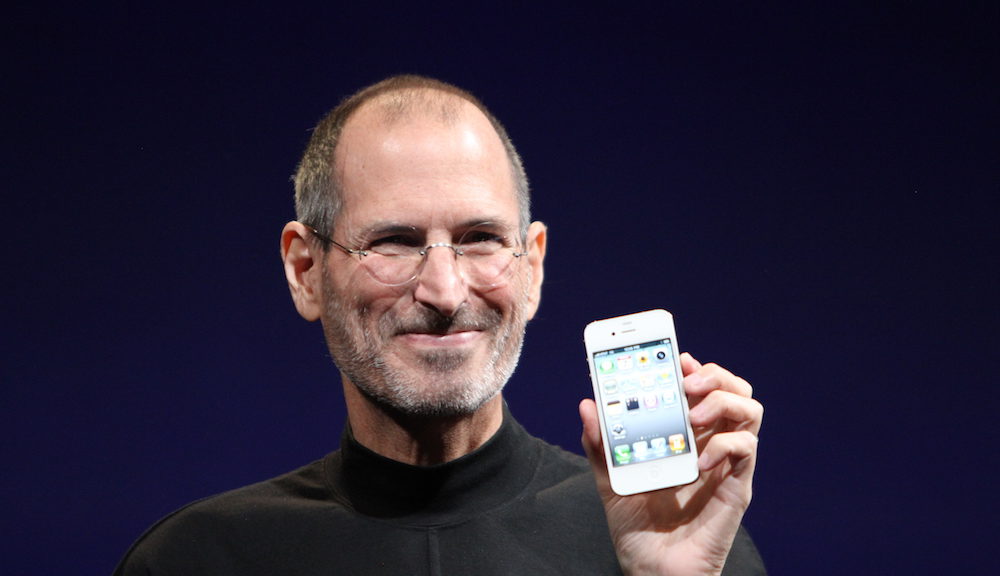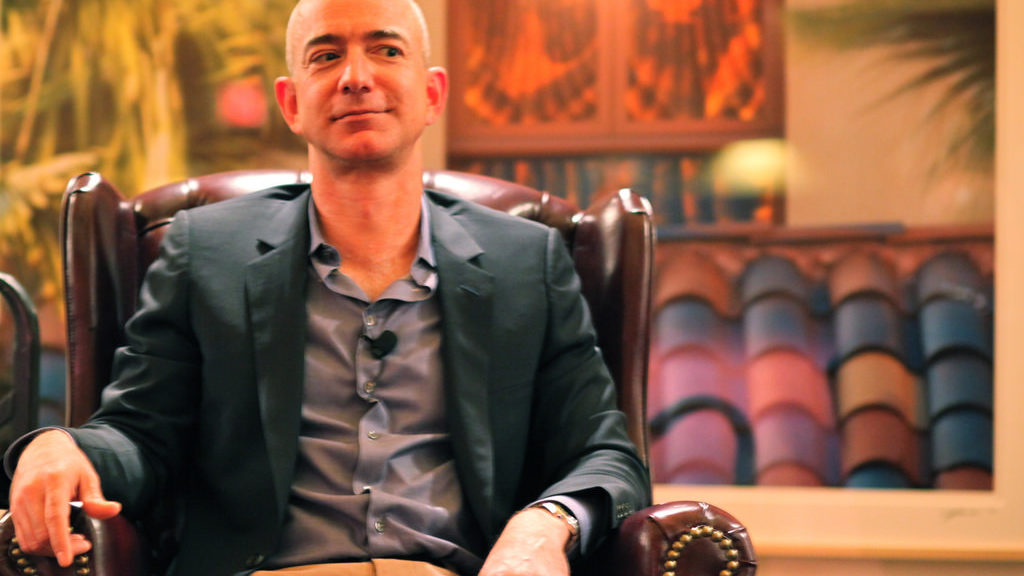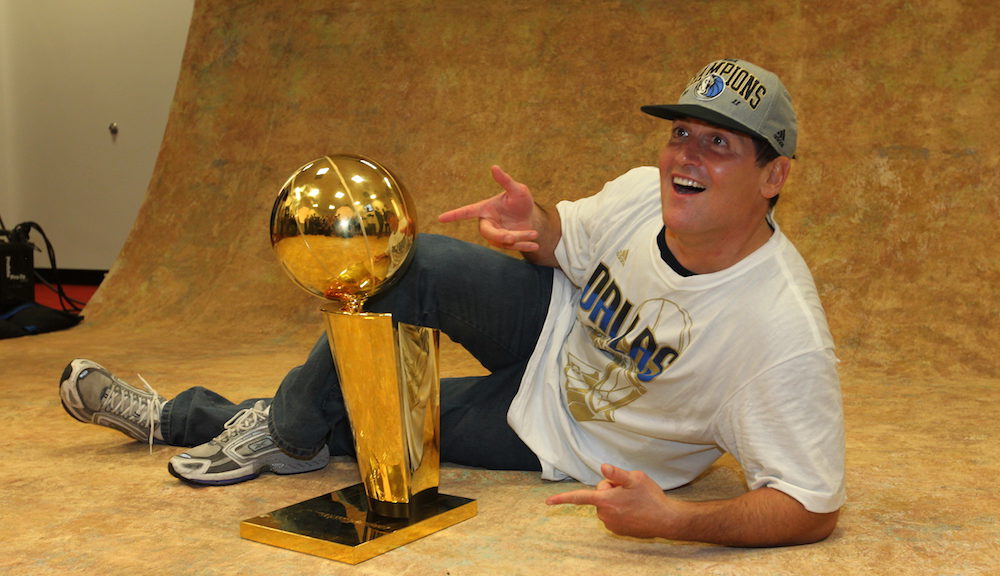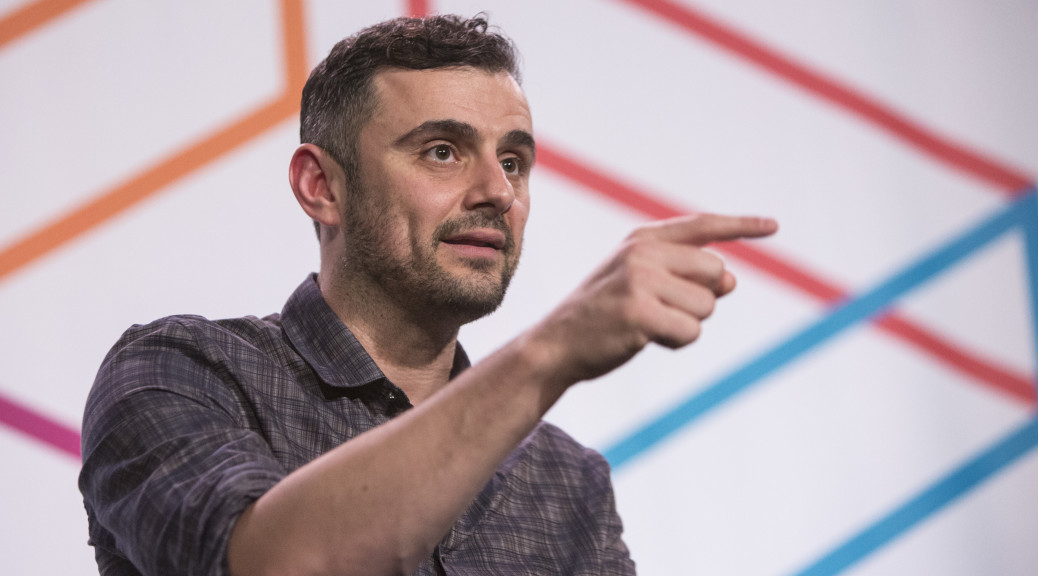Phil Knight. A man who has been widely regarded as one of the most influential people in sports, despite the fact that he’s not an athlete or a team owner. A person who has built a $29.6 billion dollar brand, which is a household name, from scratch – Nike.
During his early years, Phil was just like most young college students – he had graduated from the University Of Oregon in 1959, with a degree in journalism and without a clue about his future prospects.
However, there were two key things that led to him founding Nike. The first was that Phil was a track runner while he was studying Journalism, and he trained under the renowned coach, Bill Bowerman. Bowerman at the time was actively trying to make better track shoes for athletes. Now, Phil wasn’t really the best athlete on the team, but that made him the best lab rat to try on the shoes made by Bowerman.
The second was the Small Business class he attended while he joined Stanford Graduate School of Business in 1960. In this class, the professor once described the characteristics of an entrepreneur, and that was when Phil had his epiphany – he realized that he had this ‘entrepreneurial mind-set’, and that that was his calling.
In this class, when he was required to write a business plan, he naturally made one on the making of athletic shoes, and his paper was titled ‘Can Japanese Sports Shoes Do to German Sports Shoes What Japanese Cameras Did to German Cameras?’. The idea behind this paper was that superior quality athletic shoes could be manufactured in Japan instead of Germany, where labour is cheaper. This was the premise behind his entrepreneurial venture, which later went on to become Nike.
So, soon after graduating from Stanford in 1962, Phil went to Japan as a part of his world tour and began putting his business plan into action. There, he met up with Mr.Onitsuka, the owner of the Tiger brand of running shoes, which was quite popular in Japan at the time. He introduced himself as the head of a then fictional company called ‘Blue Ribbon Sports’, and succeeded in getting exclusive distributer rights for Tiger shoes in the western US.
Phil had ordered shoe samples from the Onitsuka Tiger Co., which would take about a year to arrive. Meanwhile, forced by his father to get a regular desk job, Phil worked as an accountant. Once the initial shoes were shipped, he sent them over to his former coach, Bowerman, who he saw as a potential client, as Bowerman was obsessed with the idea of making better running shoes for athletes. Phil was pleasantly surprised when Bowerman not only bought the initial samples, but also decided to partner with him to formally establish Blue Ribbon Sports in 1964.
Phil and Bowerman kept exporting shoes from Japan, and Bowerman provided the product design ideas for them. In the meanwhile, Phil also continued his employment as an accountant. By 1969, sales had grown to a point where Phil would have to leave his job and hire additional staff to keep up with the burgeoning demand.
By 1971, demand had grown close to $3 million. Around that time, Blue Ribbon Sports was also having certain contract disagreements with Tiger Co, because of which it broke off from the contract, and Phil and Bowerman started designing their own shoes.
For marketing their products, Phil didn’t rely on conventional advertising. He instead, got acquainted with top athletes, and got them to try and use the Nike shoe. Through athlete endorsements, Nike sales shot up even further.
In 1972, the company got its famous ‘Swoosh’ logo, and in 1978, the company renamed itself to Nike at the suggestion of the first employee of the company, Jeff Johnson.
Phil served as the CEO of Nike till 2004, after which he resigned and remained the Chairman of the company up until 2017.
